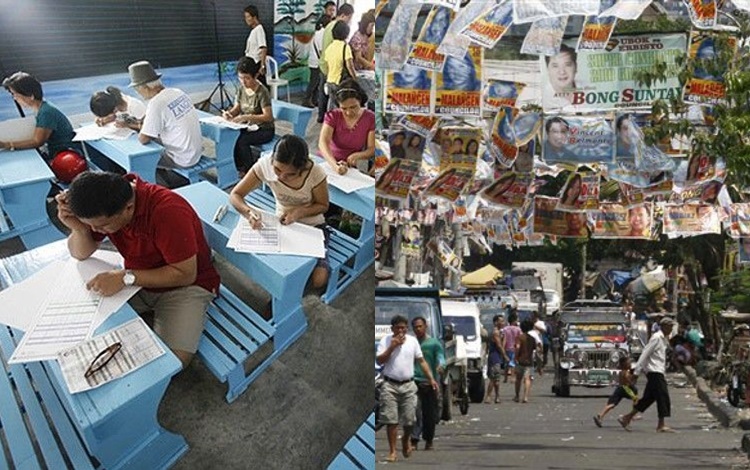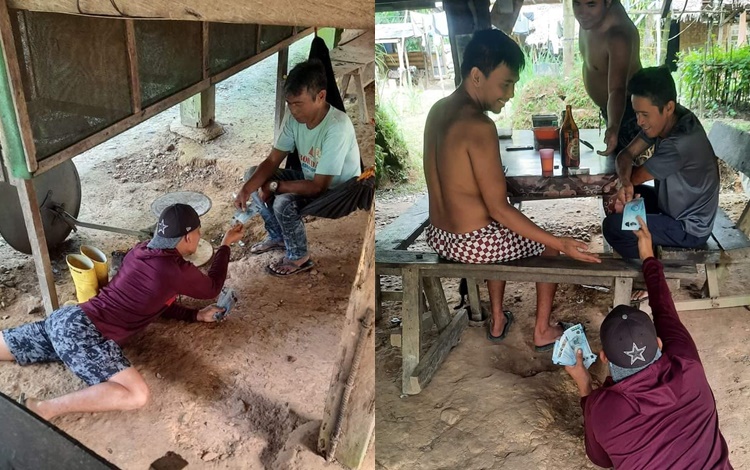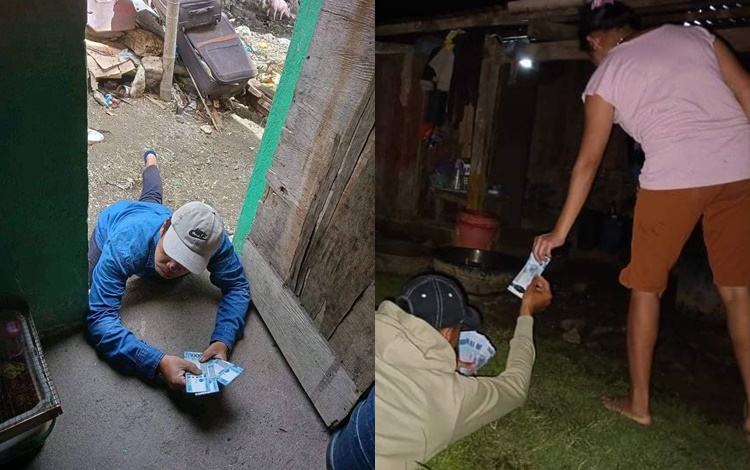In every election in the Philippines, one word that is ever-present in the vocabulary of Filipinos is “gapang.” “Gapang” is a term that signifies corrupt activities during elections, especially in the context of local and barangay elections. In recent elections, it seems that vote buying has become more of a tradition, with candidates widely offering money to voters. Nowadays, this is one of the trending issues in the entire country.

We often hear complaints about government corruption. However, despite our opposition to such practices, we also bear a part of the responsibility for the prevalence of vote buying. From the very beginning of the campaign, candidates spend significantly on their campaigns. This includes public gatherings and the continuous distribution of money, known as “vote buying.”
Sometimes, the needs of the people, especially in areas with inadequate government services, can lead to vote buying. It becomes an opportunity for candidates to secure votes by giving money. From their perspective, it’s a way to have a voice in government, even if it involves the morally questionable distribution of money.

Not all candidates engage in such practices, and not all voters accept vote buying. Many of us believe that the true value of an election lies in the candidates’ qualifications and platforms. However, despite these principles, vote buying persists, as reflected in images and memes on social media platforms.
“Gapang” in elections is one of the problems our society continues to face. To combat it, it is essential for us to work together to promote proper education and awareness about the electoral process. Opposing vote buying is a step toward cleaner and more just elections. Every voter has the power to choose the right leaders who can contribute to the development of our country without the exchange of money or favors.

